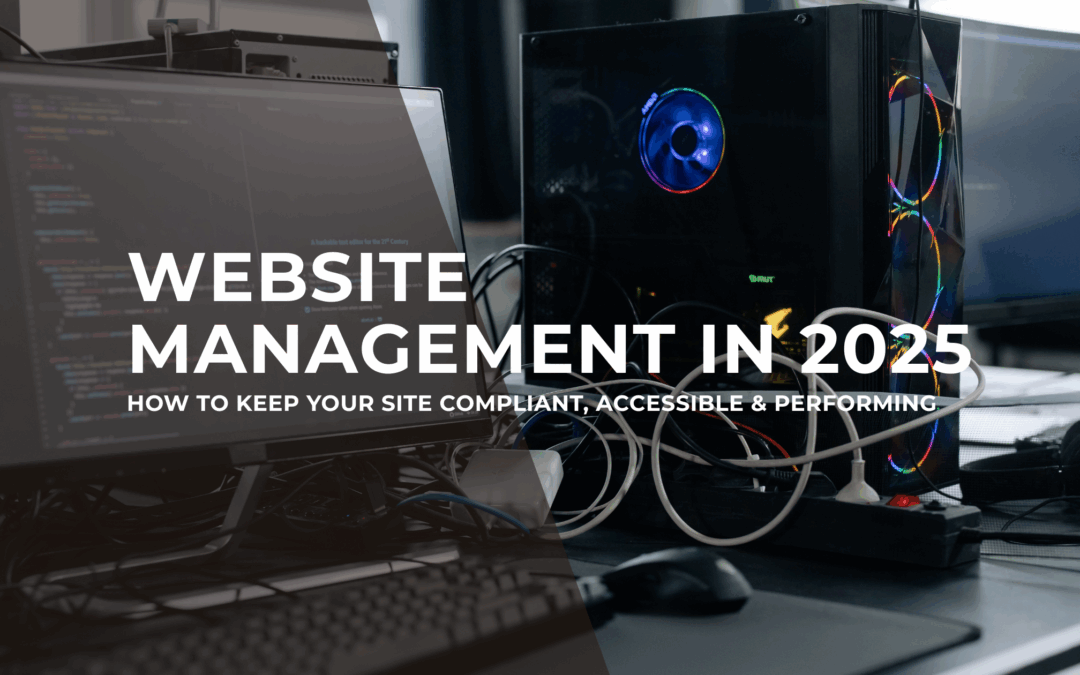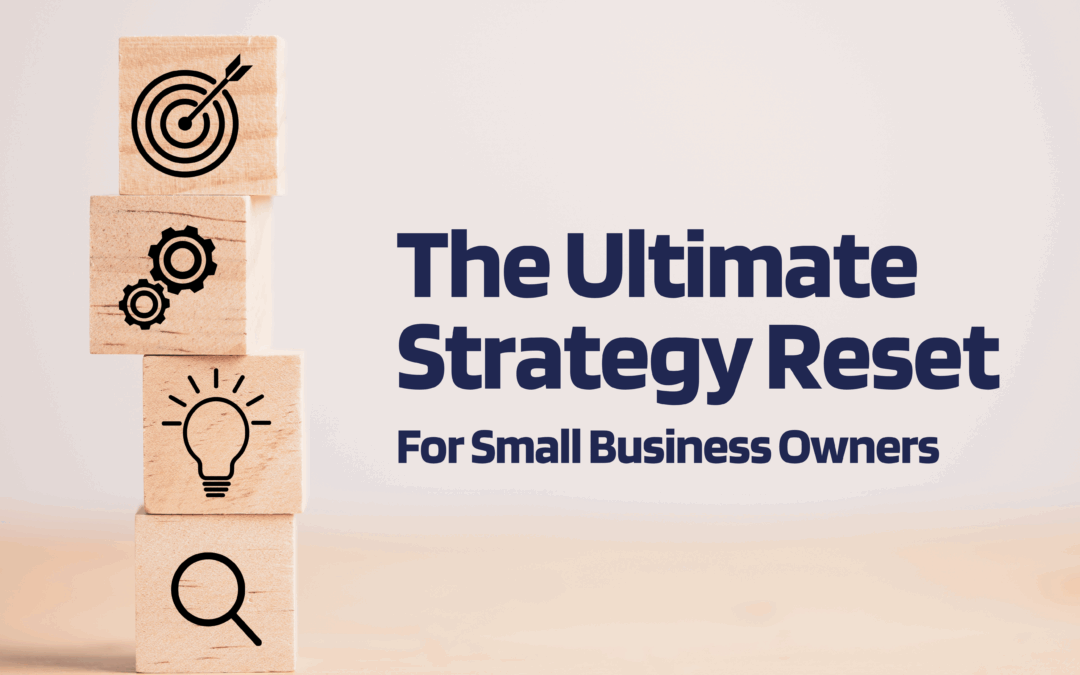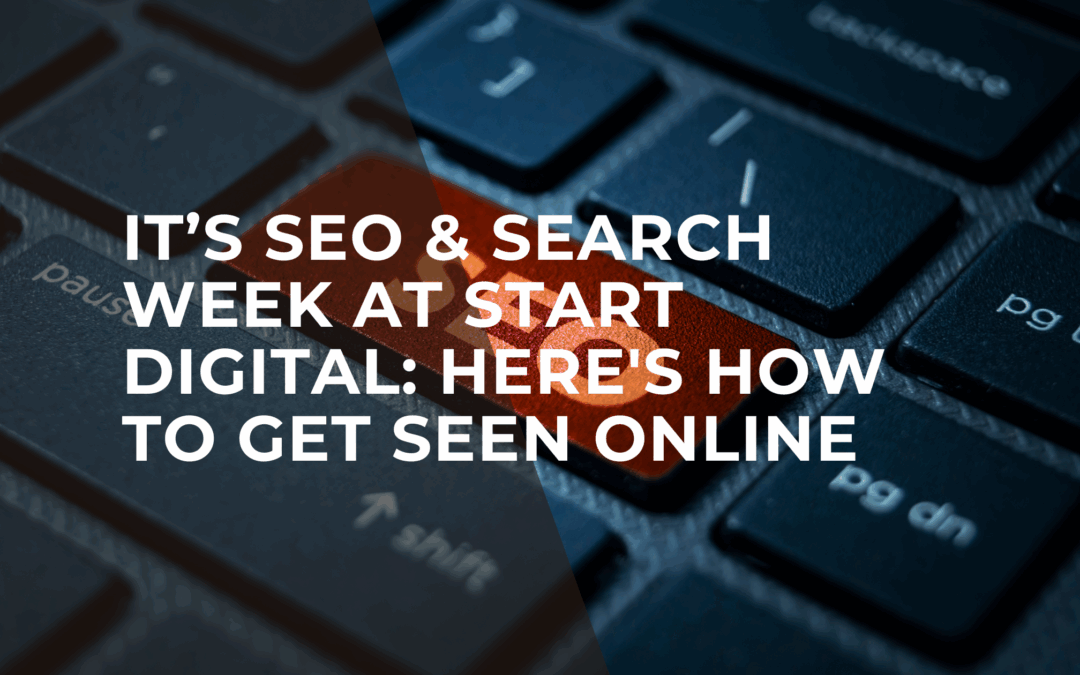By Ben Farrington – 10.09.2024

Email marketing remains one of the most effective tools for businesses despite the growth of other digital marketing methods like social media. Its directness and adaptability have kept it a vital part of any successful marketing strategy.
Exceptional ROI
One of the key reasons email marketing continues to thrive is its unmatched return on investment (ROI). According to HubSpot, for every £1 spent on email marketing, businesses can expect to see £36 in return. This makes it one of the most cost-effective strategies compared to other channels like social media ads and paid search (HubSpot Blog).
Email allows companies to directly reach their target audience, which is often more challenging with social media algorithms limiting reach.
Personalisation and Segmentation
Email marketing excels in offering highly personalized experiences. Businesses can segment their email lists based on customer behaviour, interests, or demographics. HubSpot reports that segmented campaigns have a 52.9% better click-through rate than non-segmented ones (HubSpot Blog). This level of personalisation helps build stronger relationships, as customers feel like the content speaks directly to their needs.
Additionally, personalized subject lines and tailored messages significantly boost open and conversion rates, which makes email marketing a crucial element for nurturing leads and turning them into loyal customers

Automation and Efficiency
Email automation enhances the efficiency of campaigns by sending pre-set messages at the optimal time without manual effort. Welcome emails, abandoned cart reminders, and post-purchase follow-ups are a few examples of automated workflows that help keep customers engaged. Automation tools not only save time but also ensure that communication remains relevant and timely, improving customer experience.
Synergy with Other Digital Channels
Email marketing doesn’t replace other digital tools but complements them. Social media and SEO are excellent for broadening reach and generating leads, but email is particularly strong in driving conversions. Businesses often use social media to capture interest and email to nurture that interest further, creating a seamless funnel from awareness to purchase.
Additionally, email marketing allows for direct, consistent communication without being impacted by changing algorithms. This ensures that important messages always reach the intended audience.

Adapting to Privacy Changes
As data privacy becomes more stringent with regulations like GDPR and Apple’s iOS updates, marketers are turning back to email. Unlike third-party data, email lists are owned assets, giving businesses control over their customer interactions. While privacy changes have affected open rates, savvy marketers are adjusting their strategies to maintain effectiveness.
Conclusion
Email marketing continues to be a fundamental element of digital marketing. Its unmatched ROI, ability to deliver personalized content, and integration with other digital channels make it a must-have for businesses. As tools evolve, email marketing will only become more powerful, securing its role in the future of digital marketing. For companies looking to optimize their digital presence, email marketing remains an essential strategy.












